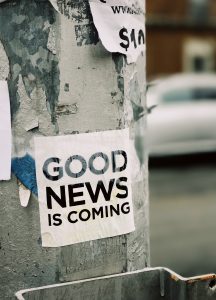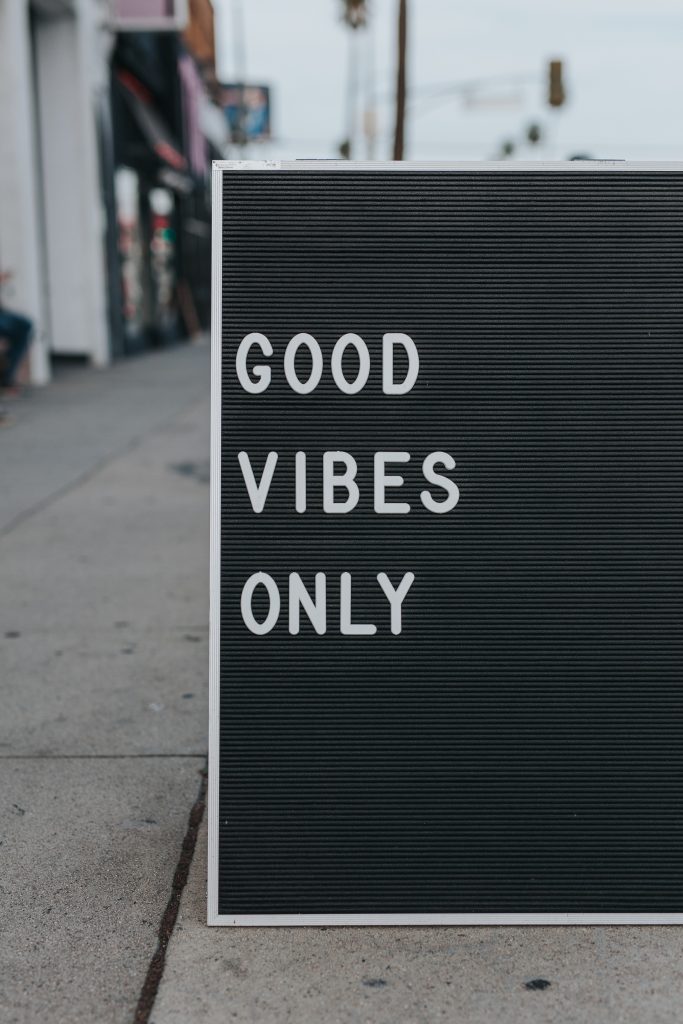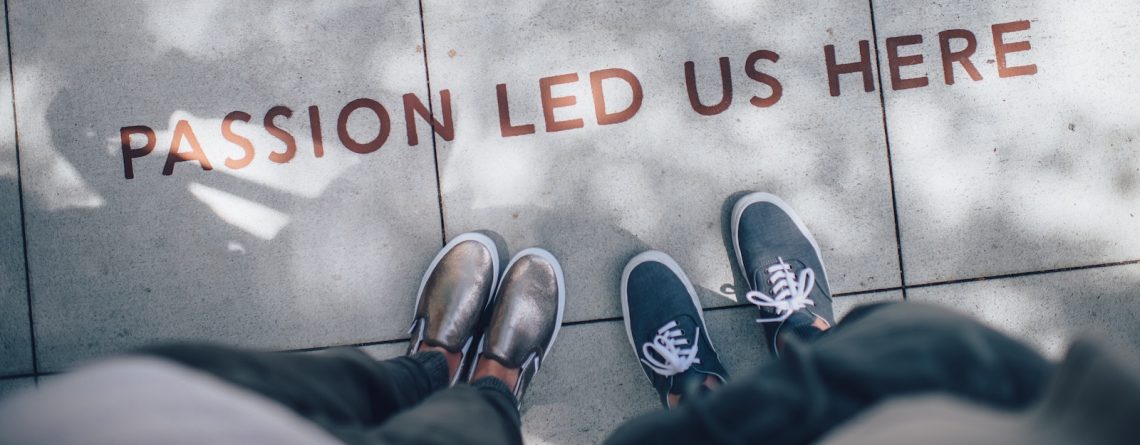Some men see things as they are and say, “Why?” I dream things that never were and say, “Why not”
George Bernard Shaw
Facebook and Twitter are on occasion dismissed or diminished, but for the billions who use them and other forms of social media, they provide a window into our worlds. Sometimes sentimental, other times humorous, but always influential, social media shapes our view of the world through what our friends and family share.
This “digital world” is where our team first began to notice the uptick in negative information sources and sharing. What many call fake news we noticed was often negative news designed to dehumanize opponents, turning them into the dangerous “other,” worthy of being attacked and denigrated.
Since the majority of our team are millennials, the Baby Boomers and Generation X members took a look at television and found a similar dehumanizing negativity at work.
Together we began an ongoing discussion and brainstorming session designed to tease out the core issues and possible solutions. What we discovered about ourselves and the world in which we live is an ongoing assault on our spirit of tolerance, understanding, empathy, and optimism about the future. Instead of blaming the “other”, we decided to take responsibility for ourselves.
We began asking ourselves a series of questions. Where was all of this negativity coming from? Who and what were the sources of these negative forces? Who and what were the sources of the positive or good? Our conclusion was that no matter what side of the argument individuals ended up on, we all wanted solutions to the same problems.
All over the world, regardless of language or culture, people are experiencing societal stress as the three most potent social forces – economics, religion, and politics – are being disrupted by the speed of technological change. This technological change has created a global connectivity turning separate economies into one, differing beliefs about religion into increasingly violent conflict, and making impotent many of our political systems which for the moment lack the spirit of innovation capable of helping us all get along.
Scrolling through our respective social media news feeds we found practical evidence of this social stress and strain. In the middle of those celebrating new births and weddings, we found persistent posts by a variety of people claiming to have the answer to race relations, immigration, unemployment, war, and a host of other global problems. We each noticed ourselves growing attentive to these negative posts and irritated by their content, but not for good reasons. Lurking in each of us we discovered an argumentative spirit bent on proving we had the right answers, and those we disagreed with were absolutely wrong. Fortunately, we didn’t post but we did listen.

What we came to realize is not a new idea. We may not currently be able to influence broadcast media, but Facebook, Twitter, and all other forms of social media are neutral when it comes to the battle between love and hate, hope and cynicism, or good and evil. They will become whatever we want them to be.
This realization forms the genesis of “Project Doing Good.” Why couldn’t we develop a team devoted to creating a dynamic grassroots community focused on doing good? How cool would it be if we provided inspiring examples of everyday people doing good around the world, as well as opportunities and tools to start doing good wherever you are with whatever you have?
Once we broke free from our own cynicism and negativity, we began to imagine connecting the autism mother in Kansas with the one in Kenya, the family victimized by gun violence in the South Side of Chicago with the family in Sandy Hook. Then we imagined watching as their creative energy and empathy gave rise to “Doing Good Projects” developed, designed, and supported by the everyday people in this world who want to do good.
Before the “nattering nabobs of negativism” email us their list of reasons this will never work, let me share my own experience with doing good. My son has special needs, and when he was 8 years old, we decided we wanted to have that father-son Little League baseball experience. We joined a special needs team, which was really cool, because the families were so welcoming and helpful…unforgettably inspiring really.
On the league picture day, we navigated through the throng of players collected together on the fields and eventually found our team. Initially our excitement distracted us from the reality we later noticed, which was that all of his typical friends were for the first time separated from him because of his special needs. His being on the special needs team was great, but we could see it was the beginning of a life we didn’t want to live, where for the rest of his life he would experience segregation from his typical friends.
This led us to talk to typical families with whom we shared a bond of friendship as well as soccer players who had been involved in our life for some time. We came together to start an inclusive soccer program, where typical and special needs kids learn, train, and play soccer together. That was at the end of the nineties when we had less than 10 kids and coaches, but that small effort grew and grew to the point where hundreds were involved. The impact of the program was such that I was awarded the Jefferson Award for community service as well as a Congressional Citation. Our group of family friends were simply trying to do something good, but because others wanted to be involved with doing good as well, this program is spreading around the world.

My point is simply this, the idea of Project Doing Good is to find the many efforts going on around the globe to do good that go unnoticed by a media not tasked with finding good as their primary work. We want to provide inspiration, ideas, and tools to people with a problem so they can launch “Doing Good Projects” and change their home, neighborhood, town, and maybe the entire world.
We consider “Project Doing Good” that “hate-free zone” where you can land on those difficult Facebook and Twitter days. In fact, we hope we will provide you with some “good news” to share in your news feed to light up the darkness by sharing love instead of hate, hope instead of cynicism, and good instead of evil. If we can do this, then this new world where for the first time in human history the majority of adults are digitally connected will have a guarantee that there will be good traveling through those fiber optic pipes to counter the evil.

